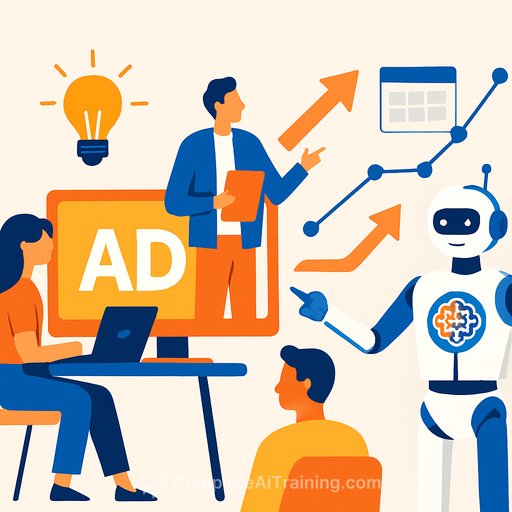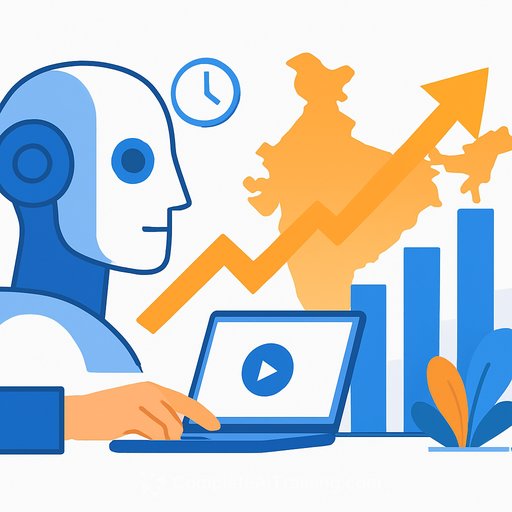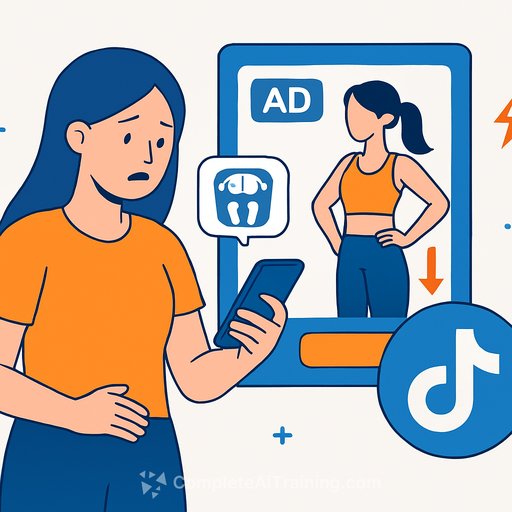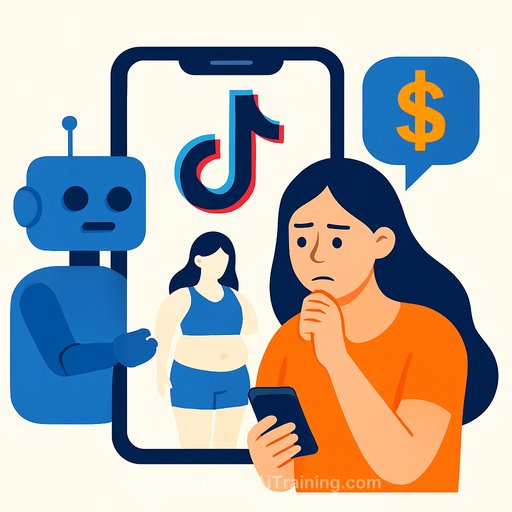AI in Advertising: Dumb Gets Dumber... and Smart, Smarter
Artificial intelligence is taking over many functions in advertising agencies, changing how marketing happens. This shift raises the question: what will the future of marketing look like?
Not long ago, ad agencies operated like creative hubs filled with writers, designers, media planners, and account managers working through multiple stages before an ad reached the public. A single campaign could take weeks or months to develop and refine.
Fast forward to 2025, and AI is deeply embedded in almost every aspect of advertising. Platforms like ChatGPT, Jasper, and Copy.ai handle copywriting and content creation, producing everything from headlines to long-form articles. Video creation tools such as Veo 3, InVideo, and Synthesia generate videos almost instantly. Visual design has been transformed by AI-powered tools like Midjourney, DALL·E, and Adobe Firefly that create high-quality images in minutes.
Where AI Fits in Media Planning and Influencer Marketing
Media planning and optimization tools powered by AI have not yet fully replaced traditional methods—many teams still rely on Excel for planning. However, influencer marketing is seeing automation through platforms like Influencity and Affable, which use AI to connect brands with creators suited to their target demographics and goals.
Many younger marketers embrace AI tools confidently, while some industry veterans remain cautious. A marketing consultant recently pointed out that agencies charging high fees might be replaced by AI before individual marketers lose their jobs. This reflects the growing reality that a single person, equipped with the right AI tools, can manage content, design, marketing, and reporting for a mid-sized agency efficiently.
Democratizing Quality and Boosting Productivity
Generative AI lowers barriers for smaller clients by providing access to quality content and visuals that once required premium budgets. Productivity gains are measurable: over 70% of Indian CEOs expect AI to transform marketing within three years, and studies show a 41-45% increase in output across marketing functions using AI automation.
Limitations of AI in Strategy and Creativity
However, AI tools can only scale operations; they don’t guarantee strategic insight. Since many use the same AI models, outputs risk becoming cliché and lacking nuance or cultural sensitivity—especially important in diverse markets like India.
Algorithms cannot replace lived experience or complex human judgment. The agency of the future won’t necessarily be smaller but will be more flexible. It will combine core creative strategists and AI specialists with easily integrated experts on demand.
- Traditional account management roles may evolve into customer experience leadership overseeing AI-human collaboration.
- Subscription-based micro-agencies could emerge, offering fixed monthly retainers while leveraging automation to deliver full-service marketing.
In essence, AI will amplify the abilities of smart marketers and expose the weaknesses of those who rely on mediocre thinking.
For marketing professionals looking to stay ahead, understanding and mastering AI tools is no longer optional. Consider exploring AI tools databases and specialized AI courses for marketers to sharpen your skills and maintain your edge.
Your membership also unlocks:






